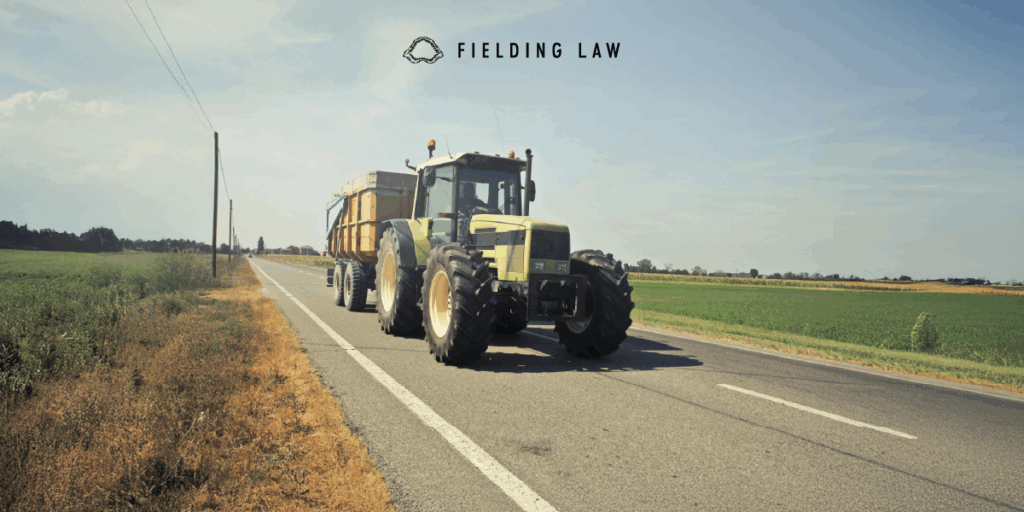
Why Rural Roads Are Risky
Arizona’s rural roads offer beautiful views and open stretches. They also carry hidden dangers. Many of these roads are narrow, have limited visibility, and lack proper lighting or guardrails. Drivers often travel faster than is safe, increasing the risk of serious collisions.
Dangers from Farm Equipment
Farm vehicles such as tractors, harvesters, and trailers often move slowly and can take up an entire lane. Drivers unfamiliar with rural areas may not expect these slow-moving vehicles. Collisions with farm equipment can cause severe injuries because of the size and weight of the machinery.
Common Rural Road Accidents
Rural roads in Arizona see a range of accidents. Some of the most common include:
-
Head-on collisions with oncoming vehicles
-
Rear-end crashes caused by sudden stops or slow-moving farm vehicles
-
Collisions with tractors, harvesters, or other farm machinery
-
Single-vehicle accidents due to sharp curves or uneven road surfaces
-
Rollover accidents from high speeds on narrow lanes
Who Can Be Liable
Accidents on rural roads can involve multiple parties. In some cases, the farm operator or property owner may share liability. Local governments can also be responsible if roads are poorly maintained or lack warnings. Investigating the cause of the accident is key to protecting your rights.
Why Hire Fielding Law
Rural road accidents can be complex. Fielding Law has experience handling personal injury cases in Arizona and California. We carefully investigate every possible source of liability. Our goal is to help victims recover compensation and focus on healing.
What to Do After an Accident
If you are injured in a rural road accident or hit by farm equipment, seek medical attention immediately. Document the scene with photos if it is safe. Collect witness information. Avoid giving statements to insurance companies without legal guidance. Calling Fielding Law early can help preserve evidence and strengthen your case.
Accidents on rural roads can be life-changing. With the right legal support, you can focus on recovery while Fielding Law manages the details. Call 833.88.SHARK to speak with a rural road accident lawyer and learn your options.
Note: Information provided is for educational purposes and does not constitute legal advice. Always consult with a qualified attorney for legal concerns.
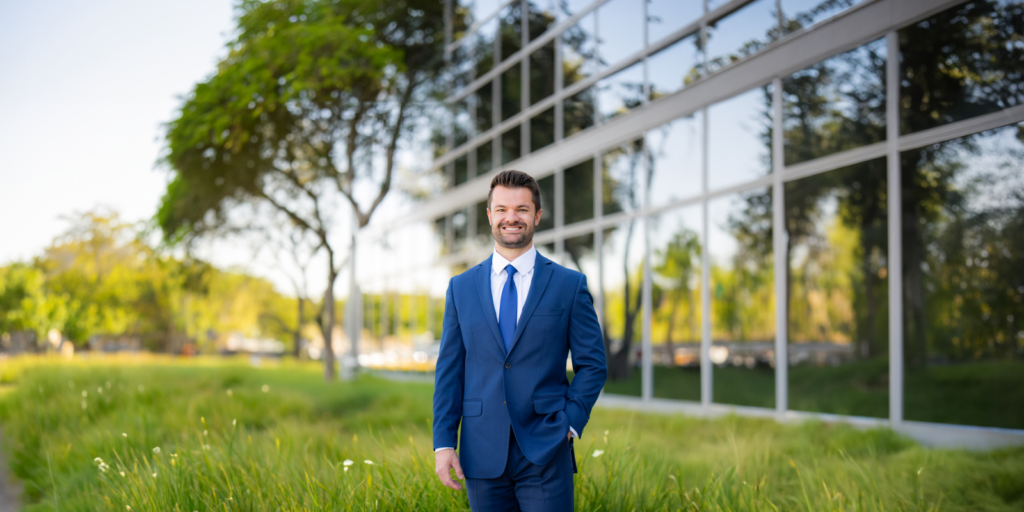

 Clark H. Fielding, Founding Principal at Fielding Law
Clark H. Fielding, Founding Principal at Fielding Law

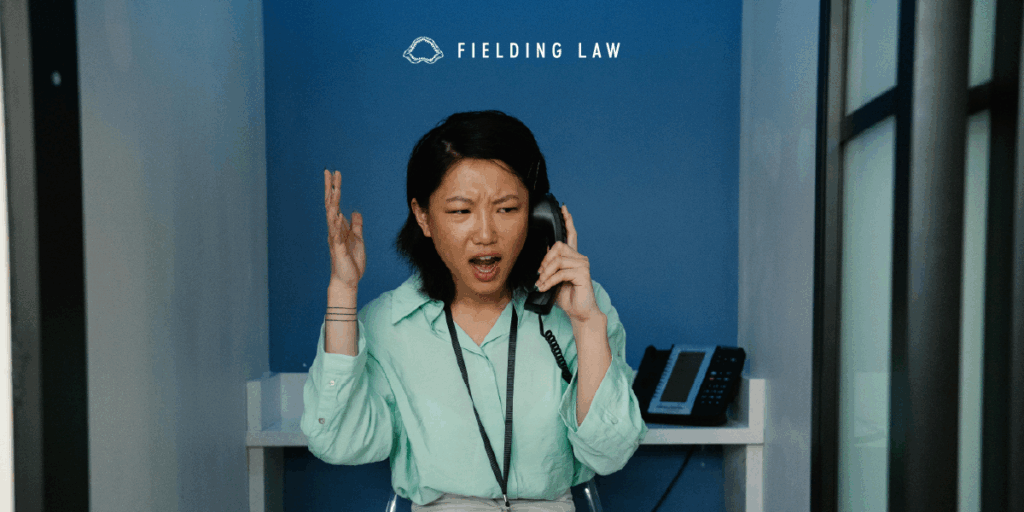
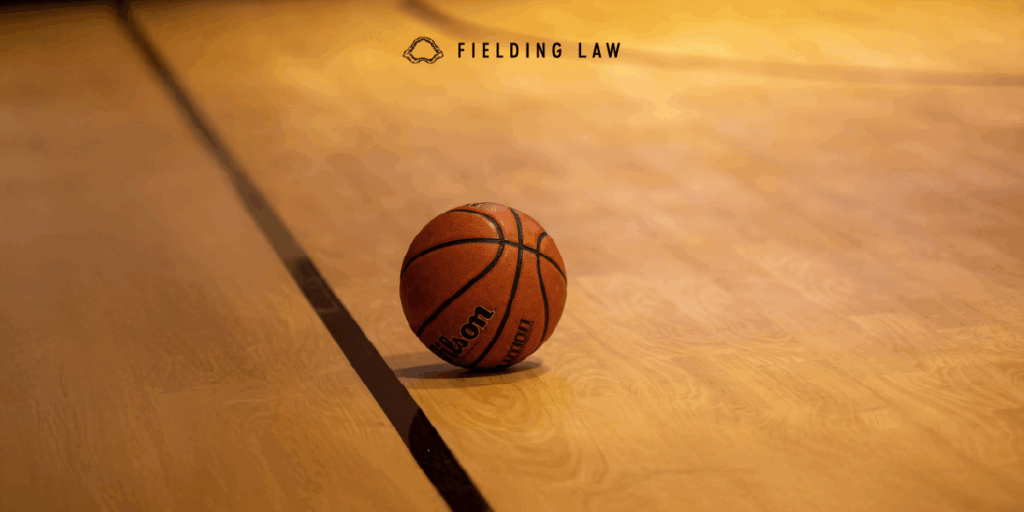
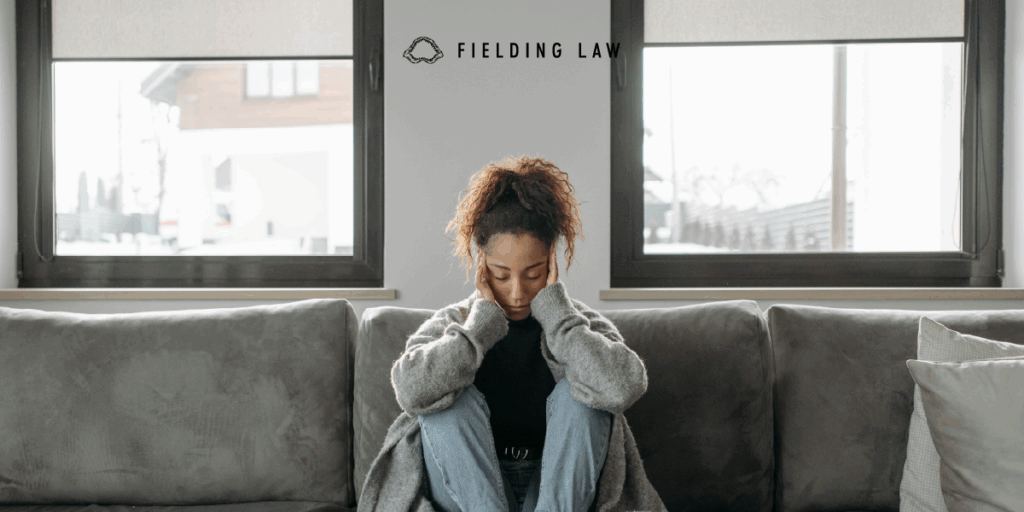
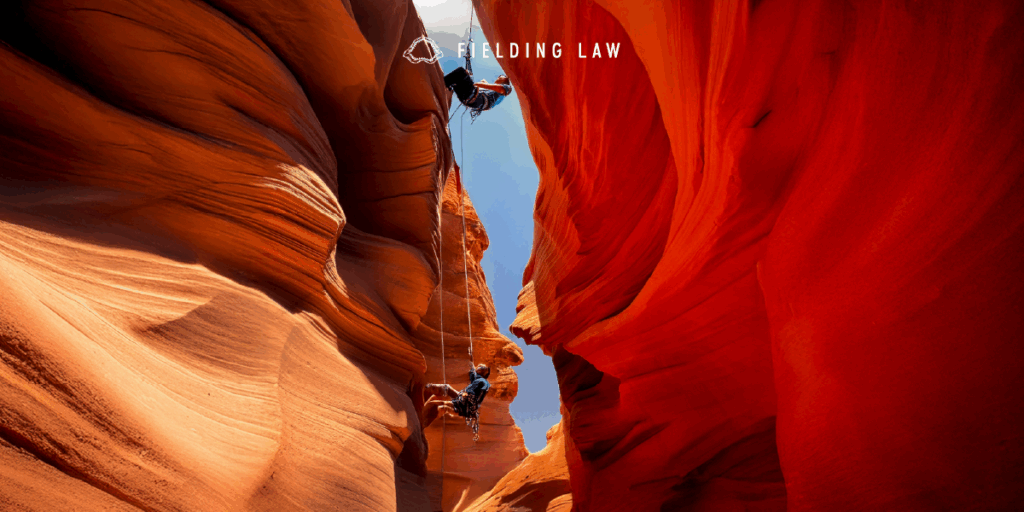
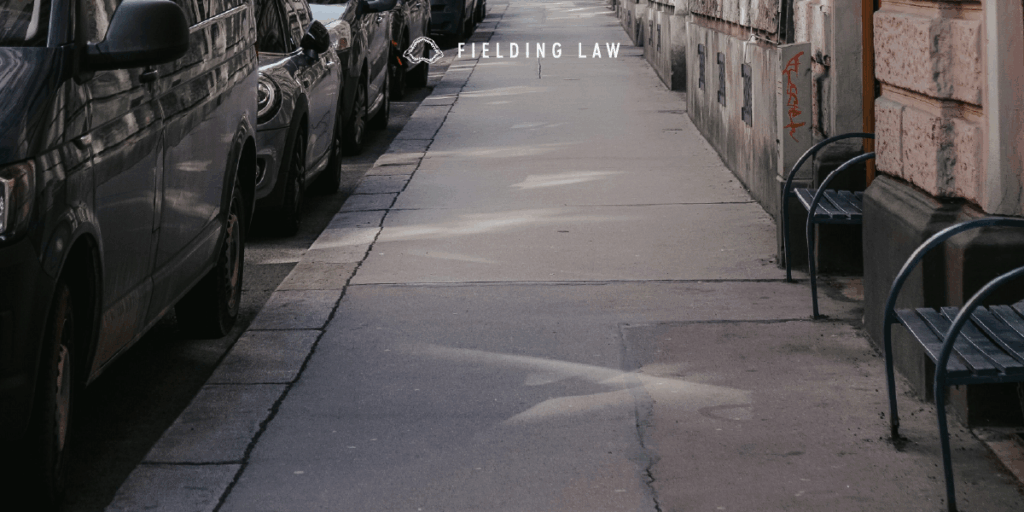
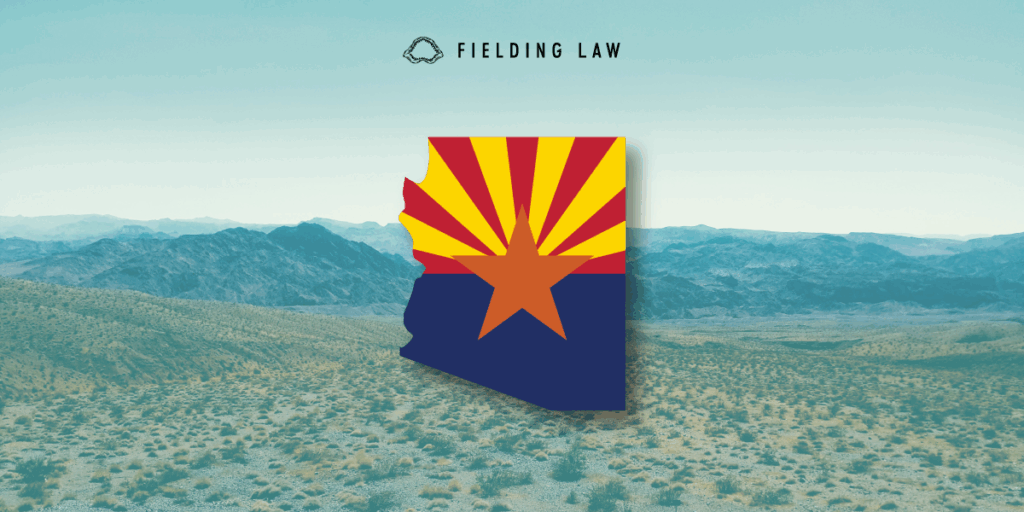

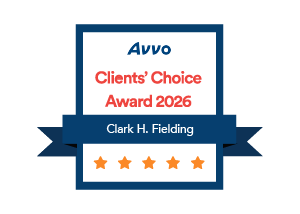 Why Clients Feel This Way About Clark
Why Clients Feel This Way About Clark